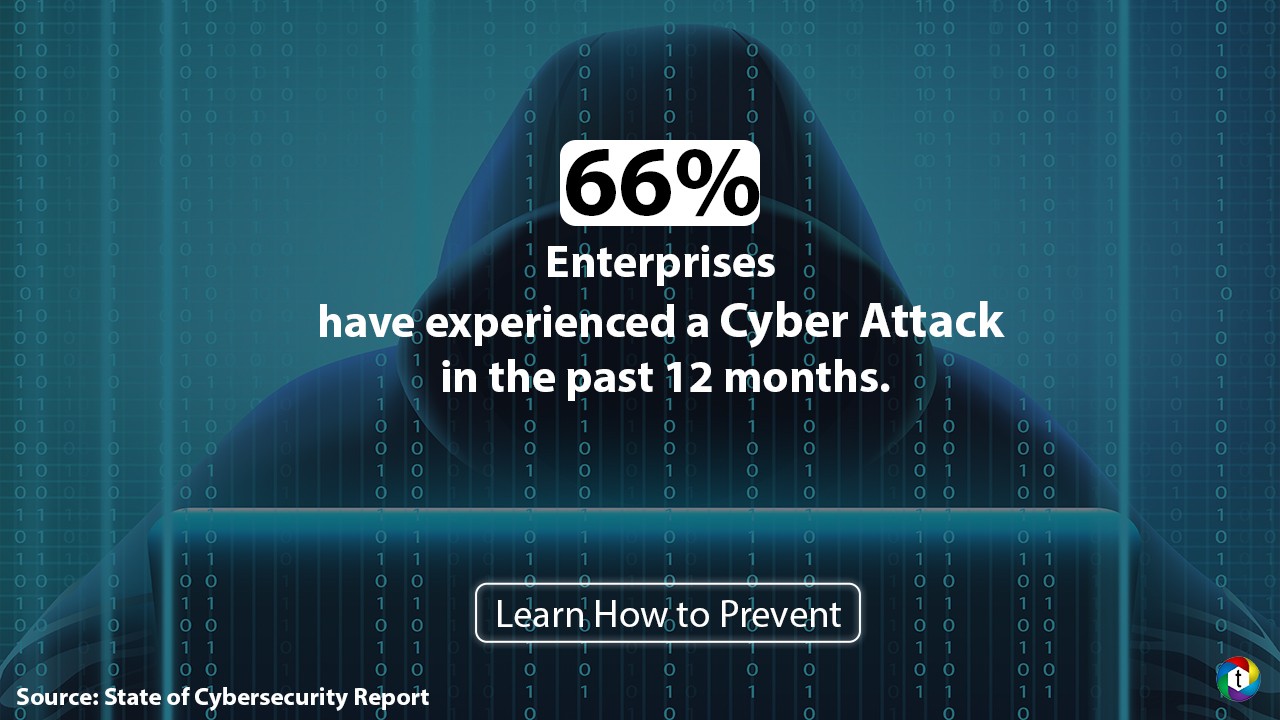Enterprise Cybersecurity: Safeguarding Business Resilience

Enterprise Cybersecurity: Safeguarding Business Resilience
In an era dominated by digital advancements, the importance of robust cybersecurity measures for enterprises cannot be overstated. As technology continues to evolve, enterprises face an increasing threat landscape, making cybersecurity a critical aspect of business resilience.
Understanding the Evolving Threat Landscape
The first step in bolstering enterprise cybersecurity is understanding the ever-evolving threat landscape. Cyber threats, ranging from sophisticated malware to targeted phishing attacks, constantly adapt to exploit vulnerabilities. By staying informed about emerging threats, enterprises can proactively implement measures to counter potential risks.
Comprehensive Risk Assessment
A thorough risk assessment is paramount in developing an effective cybersecurity strategy. This involves identifying and evaluating potential vulnerabilities across the enterprise’s infrastructure, networks, and systems. Understanding these risks enables organizations to prioritize and address the most critical areas to fortify their cybersecurity posture.
Implementing Multi-Layered Defenses
The concept of defense-in-depth is fundamental in cybersecurity for enterprises. Instead of relying on a single line of defense, organizations should implement multiple layers of security. This includes firewalls, intrusion detection systems, antivirus software, and encryption, creating a formidable barrier against various cyber threats.
To delve deeper into strategies for enhancing enterprise cybersecurity, visit Cybersecurity for enterprises for comprehensive insights.
Employee Training and Awareness
Human error remains a significant factor in cybersecurity breaches. Enterprises must invest in ongoing cybersecurity training and awareness programs for employees. Educating staff about phishing techniques, secure password practices, and the importance of reporting suspicious activities can significantly reduce the risk of successful cyber attacks.
Endpoint Security Solutions
With the proliferation of remote work, endpoint security has gained prominence. Enterprises need robust solutions that protect all devices connected to their network, including laptops, smartphones, and IoT devices. Endpoint security measures, such as antivirus software and mobile device management, play a crucial role in safeguarding against threats.
Continuous Monitoring and Incident Response
Proactive monitoring of network activities is essential for early detection of potential threats. Implementing security information and event management (SIEM) solutions allows enterprises to monitor, analyze, and respond to security incidents in real-time. A well-defined incident response plan ensures a swift and effective reaction when a security breach occurs.
Data Encryption and Privacy Compliance
Protecting sensitive data is a top priority for enterprises. Implementing strong encryption protocols ensures that even if unauthorized access occurs, the data remains unreadable. Additionally, complying with data privacy regulations, such as GDPR or HIPAA, not only enhances cybersecurity but also ensures legal compliance, mitigating potential legal and financial repercussions.
Collaboration with Cybersecurity Experts
Given the complexity of the cybersecurity landscape, enterprises benefit from collaborating with cybersecurity experts. Engaging with external cybersecurity professionals, either through partnerships or consulting services, provides access to specialized knowledge and ensures that the enterprise’s security measures are aligned with industry best practices.
Regular Security Audits and Testing
Periodic security audits and testing are vital to assess the effectiveness of cybersecurity measures. Penetration testing, vulnerability assessments, and ethical hacking help identify weaknesses in the system before malicious actors can exploit them. Regular audits ensure that security protocols are up to date and resilient against emerging threats.
Building a Cybersecurity Culture
Cybersecurity is not just a technological aspect; it’s a culture that should permeate the entire organization. Establishing a cybersecurity culture involves fostering a sense of responsibility among employees, emphasizing the importance of cybersecurity in all business operations, and encouraging a proactive approach to security measures.
Conclusion
In the digital age, enterprise cybersecurity is a continuous journey rather than a destination. Safeguarding business resilience requires a holistic and proactive approach that addresses the dynamic nature of cyber threats. By understanding the evolving threat landscape, implementing multi-layered defenses, and fostering a cybersecurity culture, enterprises can navigate the complexities of the digital realm and ensure a secure and resilient business environment.







